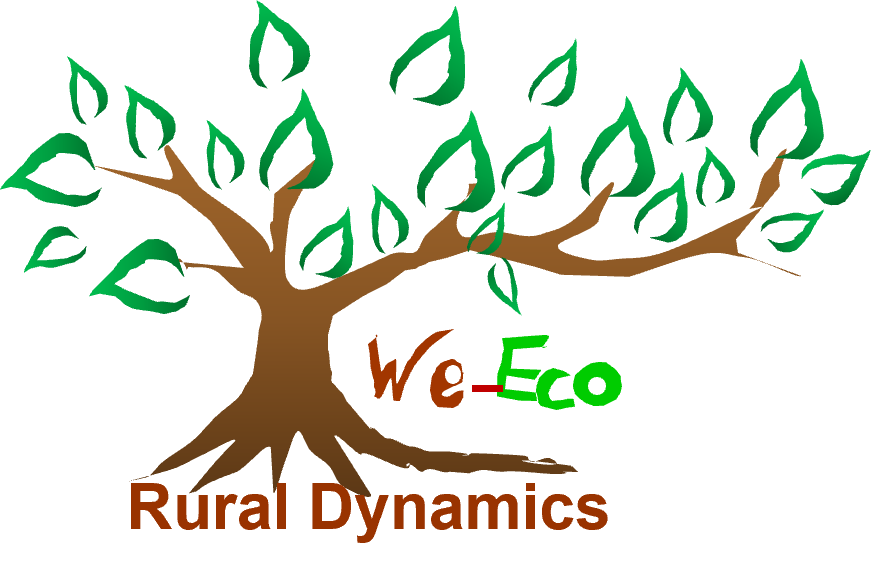|
All good things
in live are for free!
-
The sun
-
The
air
-
The
earth
-
The resources
-
Water
-
Nature
-
Affection
-
Convivial
relationships
We can make use of
them for free!
Unfortunately, due to economic
abuse, we have to pay for these natural things! In future, we can’t afford them.They will not be available for free anymore.
We must overthink what is
important to us and our priorities. We have to make choices, not only
economically but also for the survival of the planet. Our needs can be
devided in two catogories: the ones that are necessary and the ones we
don't necessarily need. In this last category, we can make choices.
Primary live needs, where we necessarily invest (money and energy) in:
-
Individual
housing, renting or buying
-
Water,
gas, electricity
-
Homemade
(organic) food
-
Fulfilling,
meaningful work
-
Hygiene
-
Medical
costs, medicines
-
Education
-
Insurances
-
Selfmade
or secondhand clothing
Necessary
furniture, appliances
Secondary live
needs, not vital needs, we pay a lot of money for:
-
Transportation
-
Cars,
petrol
-
Holidays,
flying, hotels, camping-cars, camping
-
Festivals
-
Lifestyle,
presents
-
Clothing,
fashion, and couture, children’s cloth and toys
-
Ordering
by Internet
-
Luxury
goods, make-up, plastic surgery
-
Eating
meat, and dairy
-
Ordering
food, restaurants, fast food
-
Alcohol,
cigarettes, plum, drugs, soft drinks, candy, ice cream
-
Internet,
television, radio, telephone, smartphone
-
Pets
...
|



